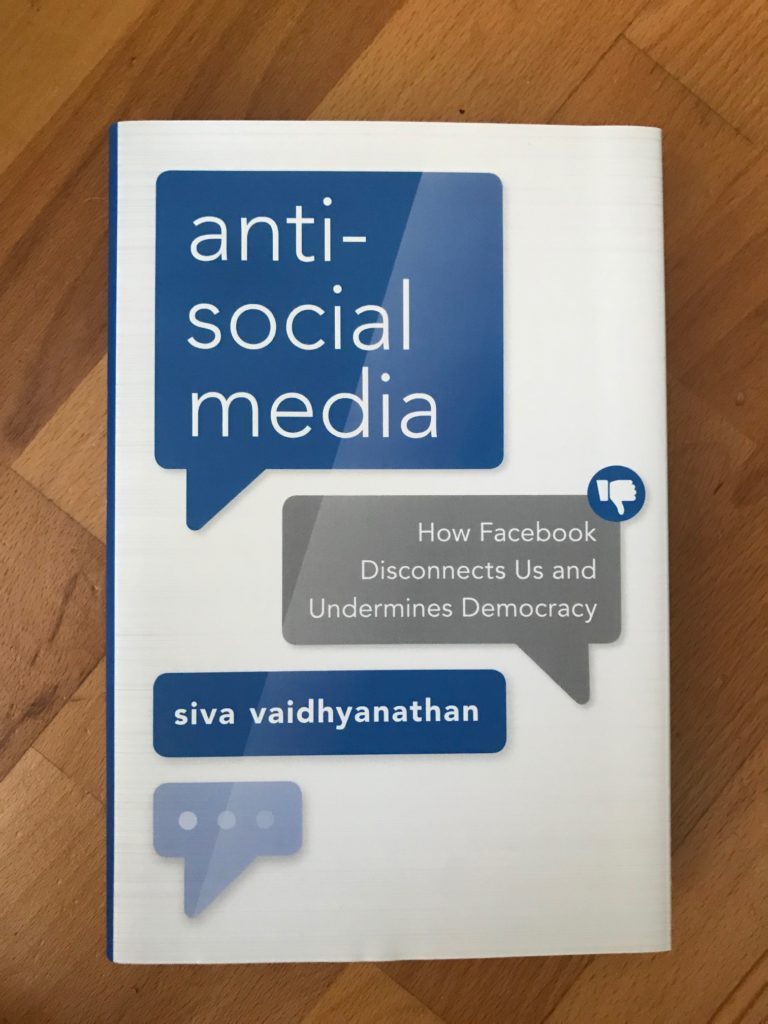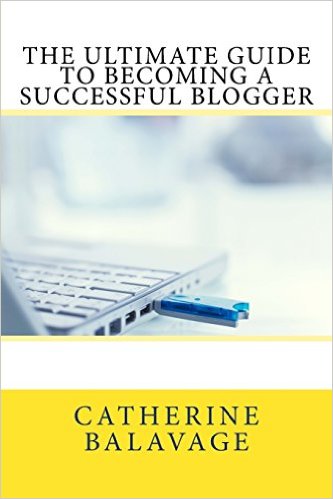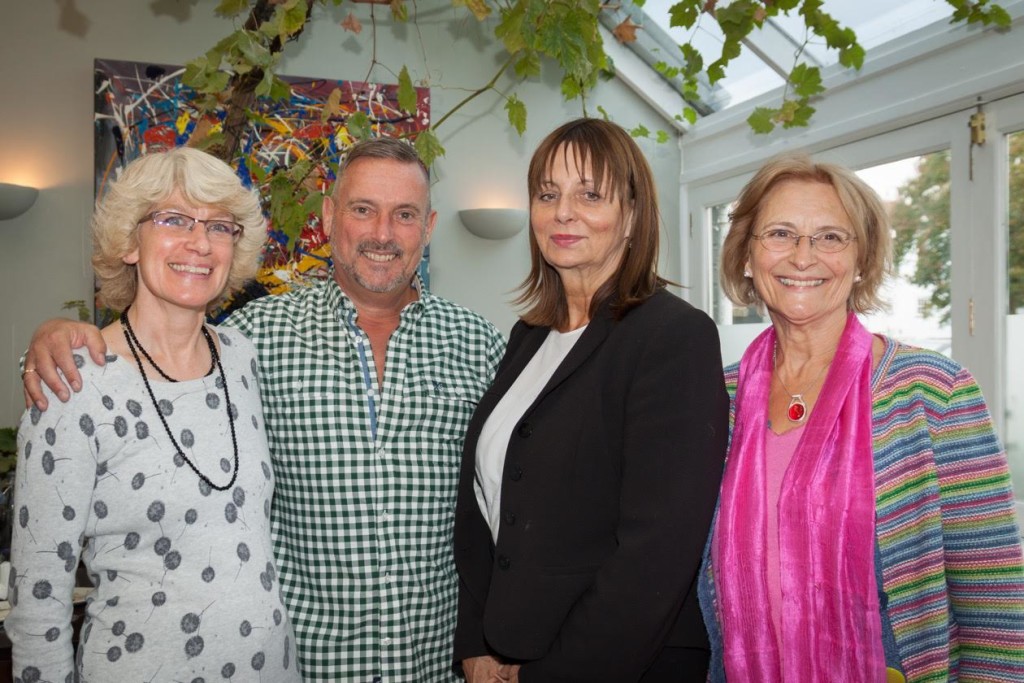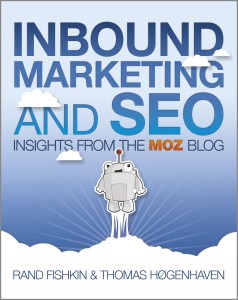New research from youth charity reveals youngsters are facing rising abuse online – but also that more and more are becoming trolls themselves
- A third of young people (aged 14-18) have been trolled online in the last six months, with over a quarter (27%) of young people facing ‘regular’ attacks
- A third of youngsters (29%) are shattered by these attacks and are ‘losing confidence’, with the majority of these messages about the victim’s appearance (40%) or religion and race (16%)
- But almost half(47%) of victims keep the attacks secret as they don’t feel they can tell anyone
- However, one in ten youngsters admit to being trolls themselves, with nearly a quarter (23%) admitting they find it funny, and almost a third (29%) doing it because their friends are too
- A quarter (25%) want to learn about how to use social media correctly, with 38 per cent wanting to learn about it from the social channels themselves
- The new Lolz not Trolls campaign is the latest Do Something UK action from youth volunteering charity vInspired. The Lolz not Trolls campaign gives young people the opportunity to make a positive pledge not to troll, as well as to share information on appropriate online behaviour with their peers by following a set of ‘netiquette’ guidelines, with the aim of making social media channels a happier, safer place
- Celebrities supporting Lolz not Trolls include reality TV star Lauren Goodger, Hollyoaks actress Jazmine Franks, TV presenter Caroline Flack and singer Delilah
YOUNG people are battling a tide of vicious internet troll attacks, with almost a third (32%) falling victim to cruel online comments in the last six months, a shocking new survey from youth volunteer charity vInspired, as part of its Do Something UK initiative, reveals.
Worryingly, more than two thirds (67%) of 14 to 18 year olds received the vile messages from someone they know – shattering the myth that troll attacks are only perpetrated by strangers.
A quarter (26%) of the 2,000 youngsters polled said they face regular attacks and have been trolled ‘many times’ during the last six months.
But the research also revealed that a huge one in ten young people (9%) actually admit to being trolls themselves by sending negative or abusive messages to someone they know, while eight per cent admit to targeting a celebrity online in this way.
Worryingly, there is evidence of a ‘digital disconnect’ about trolling, with one in five (18%) thinking messages sent in cyberspace are less damaging than insults hurled face to face – and with 16 per cent claiming they didn’t think the messages would hurt the recipient and nearly half (49%) believing it’s ok to say things online that you wouldn’t to someone’s face.
However the majority of youngsters (60%) agree sending trolling messages is wrong. In fact, almost a fifth (17%) are adamant trolling is worse than bullying in person.
And over a quarter (28%) think that trolls send messages online due to the anonymity of their actions, with 30 per cent believing trolls are too scared to do it in person.
Shockingly, nearly a quarter (23%) did so as they thought it was funny, with nearly a third (29%) trolling because their friends were doing it too and almost a fifth (18%) because they thought the person ‘deserved’ it.
The comprehensive study shows that Facebook is the most common place for victims to be trolled, with 45 per cent of those who have experienced it having had abusive messages posted on their own walls, while 28 per cent are the subject of slurs posted on someone else’s.
Of those who are trolled, one in five (23%) receive the abusive messages on Twitter, a further one in 14 (7%) are attacked on YouTube and one in 20 (6%) are abused on their own or on another person’s blog.
While the majority of messages (40%) denigrated a victim’s personal appearance such as their weight, 16 per cent focused on the victim’s religion and race. One in ten (8%) were even aimed at getting (boyfriends or girlfriends) friends to break up with the victim.
Almost a quarter (22%) rubbished pictures posted by the victim while one in 20 (5%) posted snaps the victim did not want to share. And in a sinister twist, one in 40 (3%) admit they have been blackmailed by a troll over intimate pictures.
The effect of the electronic messages is devastating, with almost a third (29%) of youngsters receiving them confiding they had ‘lost confidence’ after the attacks.
One in five (19%) felt they could ‘no longer trust those around me’ while 12 per cent admitted that they felt alone.
SO, in order to combat this rising tide of trolling, vInspired has launched a new campaign ‘Lolz not Trolls’, aimed at educating young people on the effects of their attacks and help them to learn how to behave correctly online.
Social media expert Professor Mark Griffiths, who is working with vInspired on the Lolz Not Trolls campaign, said the phenomenon is growing as more youngsters grow up in the digital world.
He defines trolling as: “An act of intentionally provoking and/or antagonising users by posting inflammatory messages in an online environment with the aim of provoking an emotional response from who the message has been sent to.”
But despite the wave of troll attacks engulfing the internet, young people feel there is very little help or guidance for how to tackle trolling.
Half (50%) of those questioned don’t know where to go for more information on trolling, with 38 per cent wanting to learn more about the issue from social network channel themselves, such as Facebook and Twitter.
A quarter (25%) are desperate for a comprehensive guide on how to use social media correctly, with 24 per cent asking for information on how to support victims of trolling and 26 per cent wanting to know where to go for support if they are being trolled.
The Wanted, Pop band
“Through the years we have met a lot of fans, ranging from all ages around the world. It would be horrible to think that these young people are becoming the victims of trolling, or are even trolling themselves. We’d like to encourage people to sign up to the Do Something campaign and pledge their support through the Facebook page.
Show that you can make a difference!”
Delilah, musician
These days if you are a teenager, the chances are that you have been born and brought up with a computer and you will know exactly the impact that things like trolling have on web users. Log onto Facebook and pledge your support to be more positive online!
Jazmine Franks, Hollyoaks actress currently going through a Trolling storyline
I recently had first-hand experience on Hollyoaks of exactly what trolling entails as my character Esther was pushed to try to commit suicide due to both on and offline bullying – it’s an awful situation for anyone to find themselves in. Thankfully many instances of trolling aren’t as severe but it’s not an experience anyone should ever have to go through.
In the 21st century, bullying doesn’t just stay in the playground, it follows you home to your computer and it’s getting harder to escape being victimised.
It’s surprising how many young people don’t realise that what they write is sdo hurtful and the impact they have on the recipient. This is why the vInspired’s Lolz not Trolls Do Something campaign is so important – educating young people on how to behave online and empowering them to stand up and be counted against the trolls. This is why I urge you to pledge your support and sign up to take the pledge online at www.facebook.com/DoSomethingUK to be Lol, not Troll and help make the internet a happier, safer place.
So to help youngsters become aware of correct online ‘netiquette’, vInspired, together with Professor Griffiths, have created a downloadable guide on the top ‘dos and don’ts’ for using social media, with all the tips crowd-sourced from youngsters themselves.
This guide is available from the campaign Facebook page where youngsters are also encouraged to sign up and take a ‘pledge’ to ensure they use social media correctly:
· Look at what I write before I post – recognise how it might make someone feel
· Own what I write – take responsibility for what I say
· Live online the way I live offline – treat others how I would want to be treated
vInspired has also created a ‘Trolling under the Bridge’ experience at Waterloo’s IMAX underpass to show people the real effect that negative messages can have on people.
On 22nd February, displays of real life trolling messages will be projected and written on the walls of the underpass and people’s mood and response to these being measured to show the impact these do have.
Professor Mark Griffiths, Director of the International Gaming Research Unit at Nottingham Trent University, said: “The ability to remain anonymous online can lead to people saying what they may not in person over social networking channels. Young people need to understand the consequences that these comments can have, and it’s important to teach them how to use social media correctly, to make the internet a safer and happier place.”
Terry Ryall, CEO at vInspired, said: “We have all heard of cases where youngsters have harmed themselves due to troll attacks – so writing a trolling message isn’t harmless fun, it’s potentially deadly. Our aim isn’t to attack the trolls, but instead to get young people to do something positive and pledge not to be a troll themselves, abiding by the ‘netiquette’ guide we have created.
“Through our campaign ‘Lolz not Trolls’ we are hoping to make a real difference to the way young people behave – and are therefore treated – online. We are encouraging all young people to sign up to our campaign page on Facebook – www.facebook.com/DoSomethingUK to take a positive step towards making the internet a more secure and enjoyable experience for everyone.”











